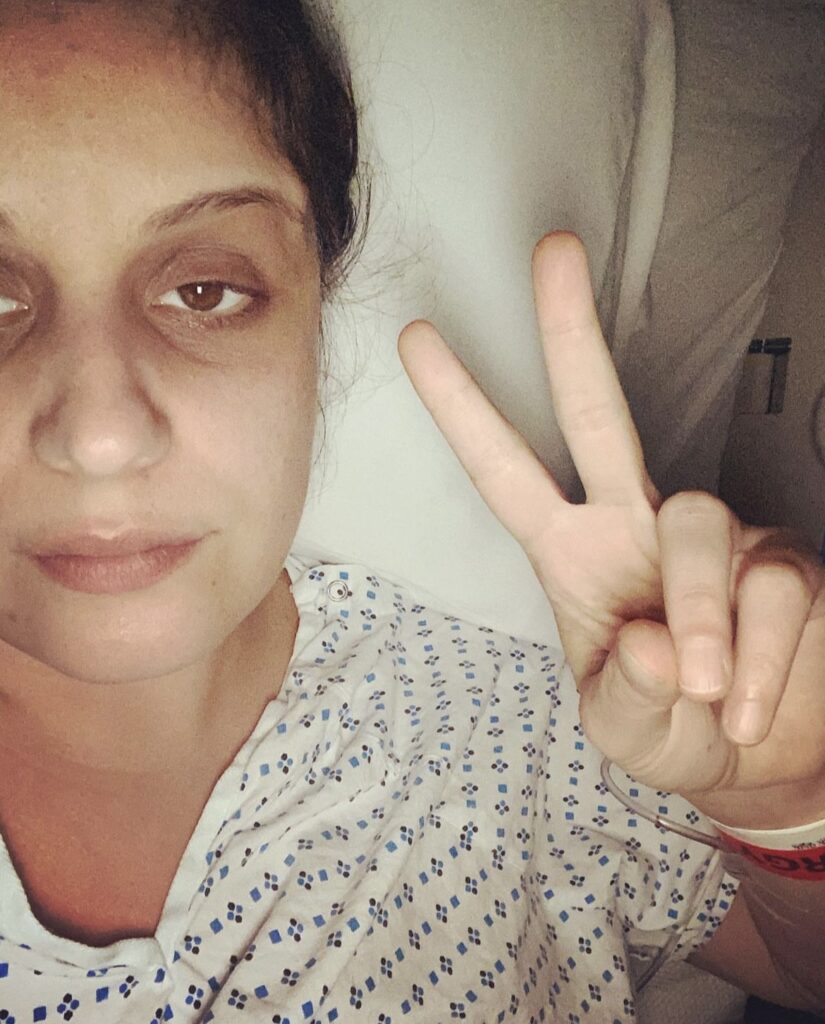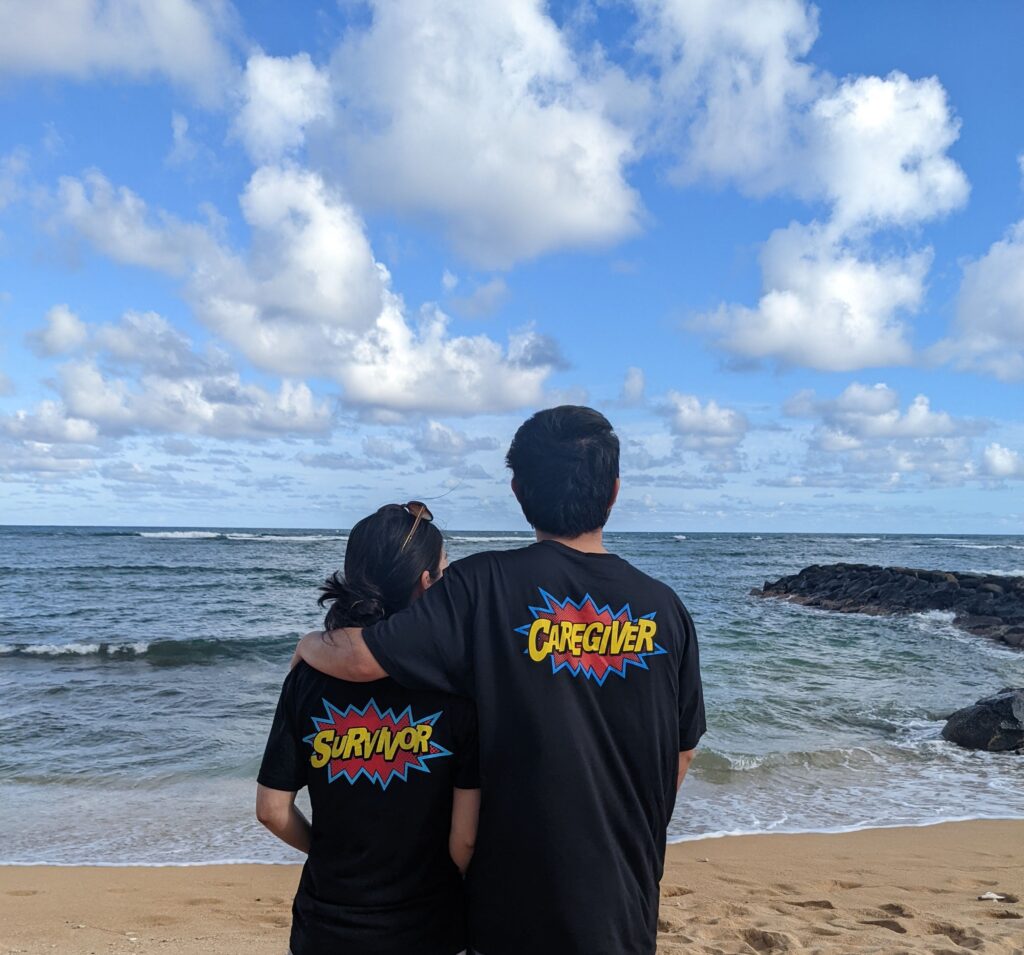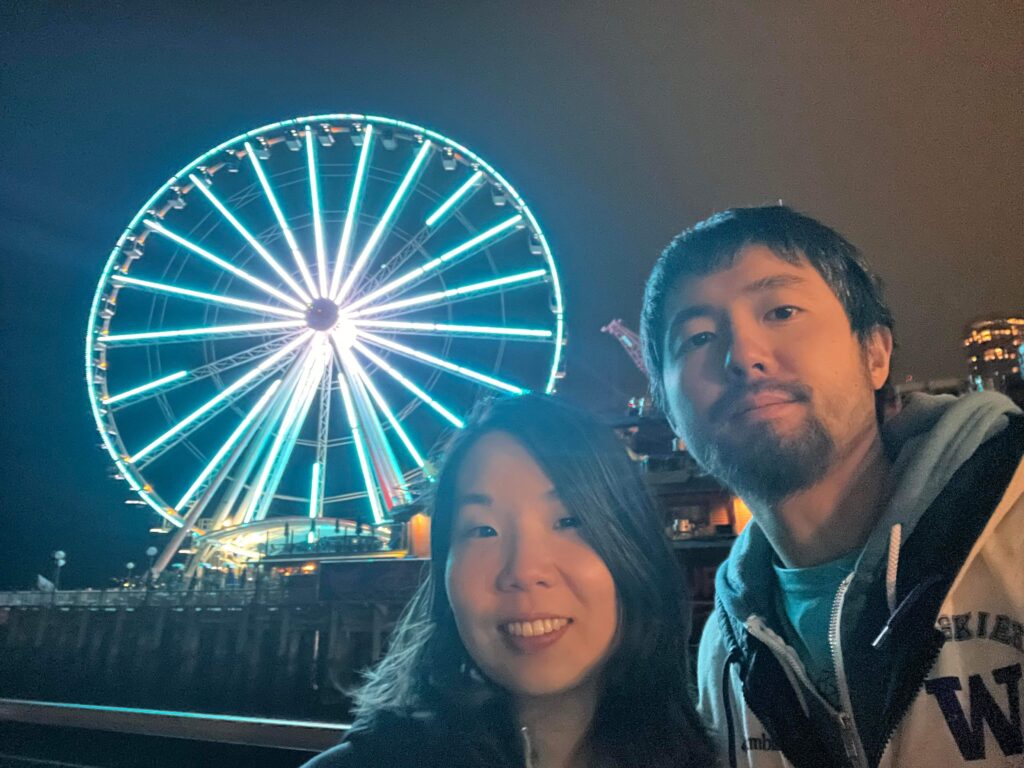Cervical cancer affects thousands of individuals worldwide every year, striking at the very core of their physical and emotional well-being. Beyond the physical toll, the mental health implications of this disease can be intense and often overlooked. As we shed light on Mental Health Awareness Month, it’s crucial to acknowledge and address the unique challenges faced by cervical cancer patients and survivors.
Receiving a cervical cancer diagnosis can unleash a whirlwind of emotions—fear, disbelief, anger, and sadness to name a few. Suddenly, life takes an unexpected turn, and individuals are thrust into a world of medical appointments, treatments, and uncertainties about their future. The shock of diagnosis alone can trigger anxiety and depression, leaving many feeling overwhelmed and vulnerable.

The journey through treatment is no less taxing. There is no “one-size-fits-all” when it comes to treatment. From surgery and chemotherapy to radiation therapy, each step comes with its own set of physical and emotional challenges. Coping with the side effects of treatment, such as fatigue, pain, and nausea, can take a toll on one’s mental well-being, often leading to feelings of isolation and despair. Danielle shares her reflections on navigating the difficulties of a cervical cancer diagnosis and beyond.
Cervical cancer treatments can also greatly impact body image and intimacy. Surgeries and radiation therapy may result in changes to physical appearance, including weight loss, scarring, and an invisible change with loss of fertility, which can shatter one’s sense of self-esteem and femininity. The fear of sexual dysfunction and intimacy issues post-treatment can strain relationships and further exacerbate feelings of isolation, shame, and inadequacy.
Even after successful treatment, the emotional scars of cervical cancer linger. Survivors often grapple with survivor’s guilt, anxiety about recurrence, and the long-term physical and psychological effects of cancer and its treatments. The transition to survivorship can be a challenging period marked by a mix of gratitude for life, survivor guilt, and the lingering trauma of the cancer experience. Read how Kyana found support and what she found helpful for self-care.

In the face of these challenges, it’s crucial to break the silence surrounding mental health and cervical cancer. By hosting an open dialogue and raising awareness, we can shatter the stigma associated with mental health struggles and create a supportive environment for those affected by cervical cancer. Support networks play a pivotal role in the mental well-being of cervical cancer patients and survivors. Whether through peer support groups like our monthly Creating Connections, professional counseling services, or private online communities like I’m a Cervivor, connecting with others who understand their experiences can provide much-needed validation, comfort, and hope.
Additionally, healthcare providers play a vital role in addressing the mental health needs of cervical cancer patients and survivors. By integrating psychosocial support into cancer care, healthcare teams can offer comprehensive care that addresses both the physical and emotional aspects of the disease. Check out a few community partners and resources below:
As we observe Mental Health Awareness Month, we stand in solidarity with cervical cancer patients and survivors–amplifying their voices, validating their experiences, and advocating for comprehensive support services that address their unique mental health needs. We can empower resilience, cultivate hope, and pave the way for a future where mental health is prioritized and no one faces the journey of cervical cancer alone, afraid, or ashamed.


